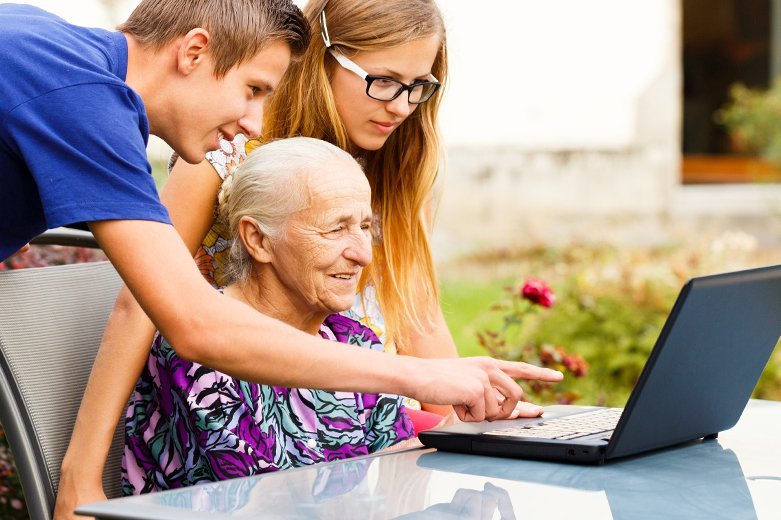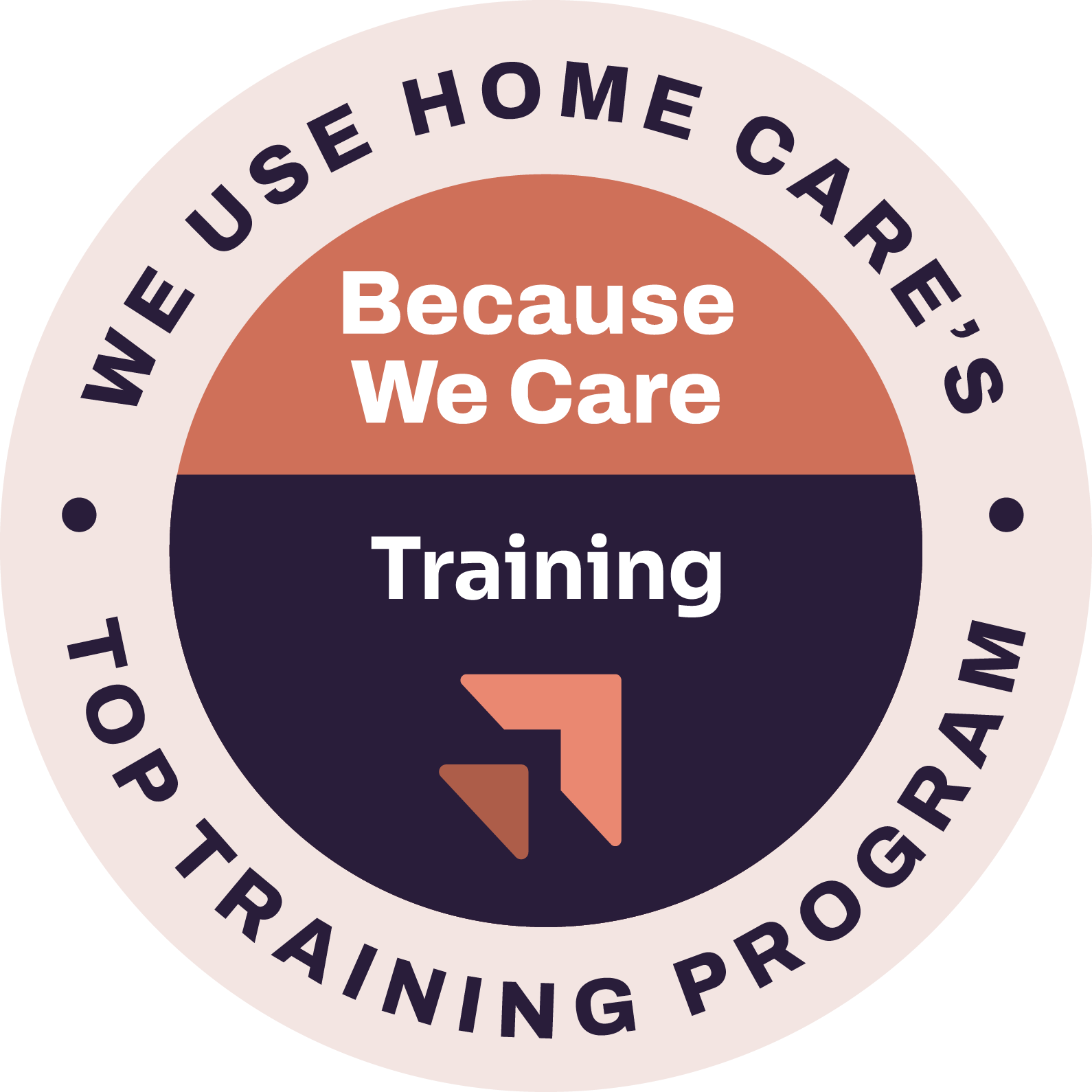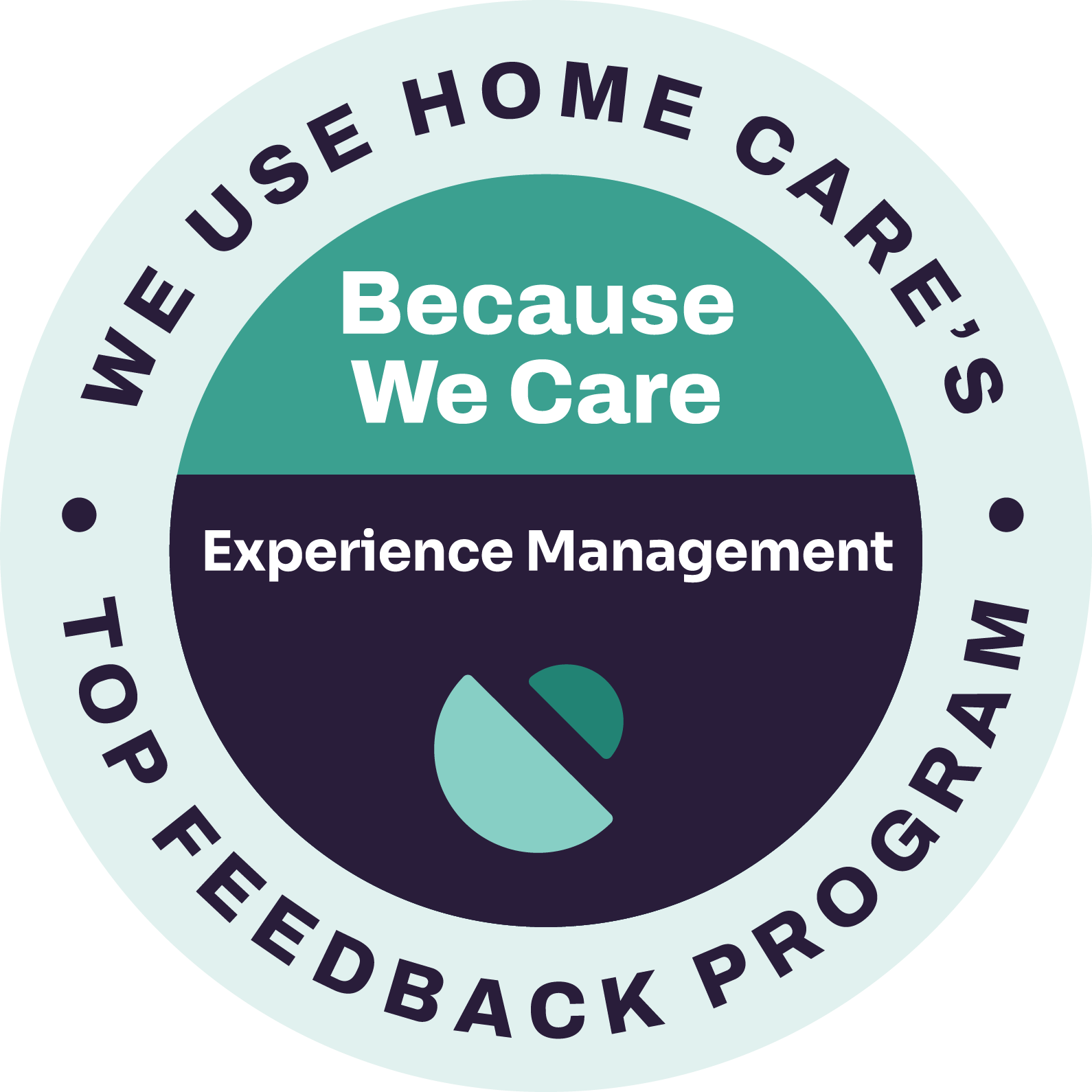Social interaction is an important part of healthy living. But is social networking an adequate substitute for the real thing?
You have over 1,000 social network friends, fans, or followers. Certainly, you feel like you’re connected to all of these people, but is that real social networking for seniors? Can call on them to help you through good times and bad?
Probably not.
While we have “friends” or “fans,” the connections don’t exactly represent the same types of relationships we’re designed to have with other human beings. And we need human interaction for the highest level of well-being on a daily, weekly, and monthly basis. We need to work hard to maintain our relationships both online and offline – it’s simply something we need to do in order to deepen our human connection with others.
Social interaction gets harder as we age.
Often times we forget that the aging process makes it difficult to get out of the house. If you’re not heading to an office or other commitment each day, you may be missing out on important social interaction that you need to stay sharp and healthy, and possibly ward off dementia.
The answer to social interaction isn’t social networking. It’s social connecting.
Research shows that human social interaction offers older adults many benefits. Staying socially active and maintaining interpersonal relationships can help you maintain physical and emotional health and cognitive function. People who continue to maintain close friendships and find other ways to interact socially live longer than those who become isolated. Relationships and social interactions can even help protect against illness by boosting your immune system.
Specific health benefits for socially active aging adults include:
- Potentially reduced risk for cardiovascular problems, some cancers, osteoporosis, and rheumatoid arthritis
- Potentially reduced risk for Alzheimer’s disease
- Lower blood pressure
- Reduced risk for mental health issues such as depression
On the other hand, some of the risks of social isolation can include:
- Feeling lonely and depressed
- Being less physically active
- Having a greater risk of death
- Having high blood pressure
Another way to stay interactive is to reach out to a professional in-home Caregiver. In-home Caregivers for someone who is unable to get out in public and interact can be a great solution. We’re happy to help if you’re looking for senior care and companionship. A professional in-home Caregiver can also give you and your loved ones much-needed rest so that you are able to embrace all of your family events with less stress.
Remaining Connected As We Age
Staying socially active and maintaining your relationships are an important part of healthy aging. Reach out to your loved ones—neighbors, friends, family members—and stay as vibrant, active, and social as you’ve always been.
Now get out and be social. Or help one of your elderly neighbors do the same. That’s social networking for seniors. We’re better when we’re connected!






